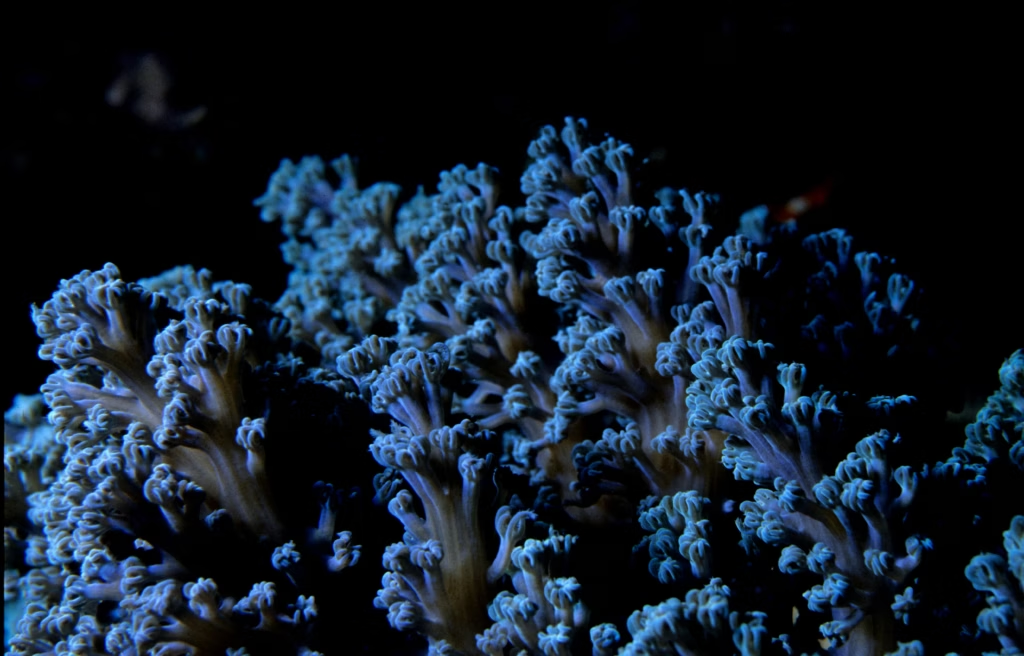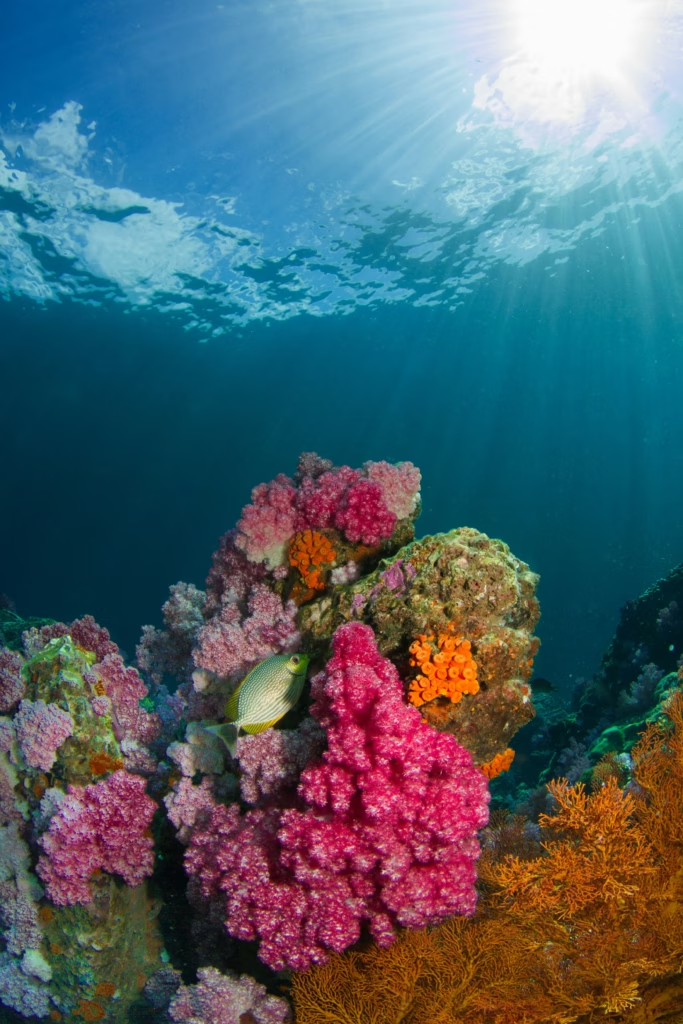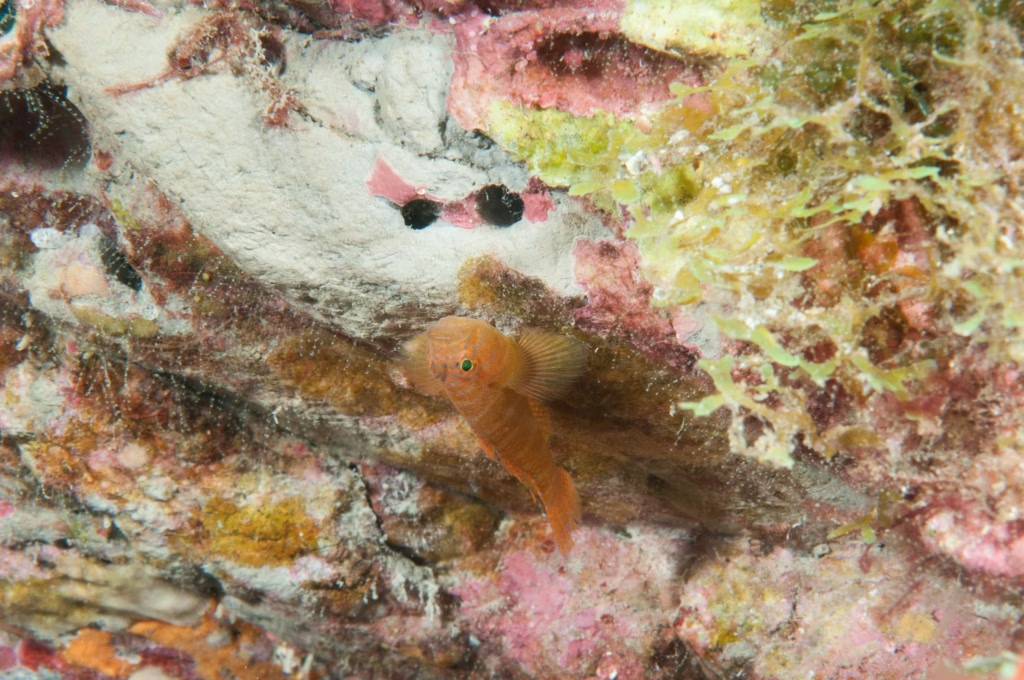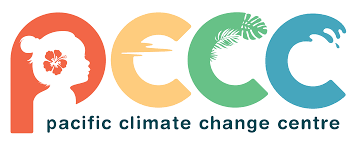
What is the innovation?
Phytoplankton cultivation is a nature-based, innovative strategy aimed at restoring and enhancing coral reef ecosystems. These microscopic organisms improve water quality, provide nutrients to marine life, and absorb carbon dioxide (CO2) through photosynthesis. This makes them a sustainable and scalable solution for mitigating the impacts of climate change on coral reefs in small Pacific Island Countries (PICs).
Phytoplankton play a dual role in combating climate change:
1. Carbon Sequestration: By absorbing CO2, phytoplankton mitigate ocean acidification, a major stressor for coral reefs.
2. Nutrient Cycling: They release essential nutrients that sustain coral health, even in nutrient-deficient waters.
3. Thermal Resilience: By improving water quality, phytoplankton reduce thermal stress on coral reefs, helping them adapt to rising sea temperatures.
In PICs, coral reefs are vital for coastal protection, fisheries, and tourism. However, climate change and pollution have degraded many reef ecosystems.
Phytoplankton cultivation offers:
• Cost-effectiveness: A low-cost solution for communities with limited resources.
• Ecological Benefits: Enhances biodiversity and supports marine food webs, which are crucial for local fisheries.
• Cultural Relevance: Aligns with traditional ecological knowledge, allowing communities to integrate modern techniques with their practices.
Phytoplankton cultivation represents a transformative opportunity for small Pacific Island Countries to restore coral reefs sustainably. By addressing climate-induced challenges and supporting marine ecosystems, this solution protects the ecological and economic stability of these vulnerable nations. With regional collaboration and community involvement,
phytoplankton-based strategies can ensure long-term resilience for coral reefs across the Pacific.
What is the innovation?
Phytoplankton cultivation is a nature-based, innovative strategy aimed at restoring and enhancing coral reef ecosystems. These microscopic organisms improve water quality, provide nutrients to marine life, and absorb carbon dioxide (CO2) through photosynthesis. This makes them a sustainable and scalable solution for mitigating the impacts of climate change on coral reefs in small Pacific Island Countries (PICs).
Phytoplankton play a dual role in combating climate change:
1. Carbon Sequestration: By absorbing CO2, phytoplankton mitigate ocean acidification, a major stressor for coral reefs.
2. Nutrient Cycling: They release essential nutrients that sustain coral health, even in nutrient-deficient waters.
3. Thermal Resilience: By improving water quality, phytoplankton reduce thermal stress on coral reefs, helping them adapt to rising sea temperatures.
In PICs, coral reefs are vital for coastal protection, fisheries, and tourism. However, climate change and pollution have degraded many reef ecosystems.

Phytoplankton cultivation offers:
• Cost-effectiveness: A low-cost solution for communities with limited resources.
• Ecological Benefits: Enhances biodiversity and supports marine food webs, which are crucial for local fisheries.
• Cultural Relevance: Aligns with traditional ecological knowledge, allowing communities to integrate modern techniques with their practices.
Phytoplankton cultivation represents a transformative opportunity for small Pacific Island Countries to restore coral reefs sustainably. By addressing climate-induced challenges and supporting marine ecosystems, this solution protects the ecological and economic stability of these vulnerable nations. With regional collaboration and community involvement, phytoplankton-based strategies can ensure long-term resilience for coral reefs across the Pacific.

